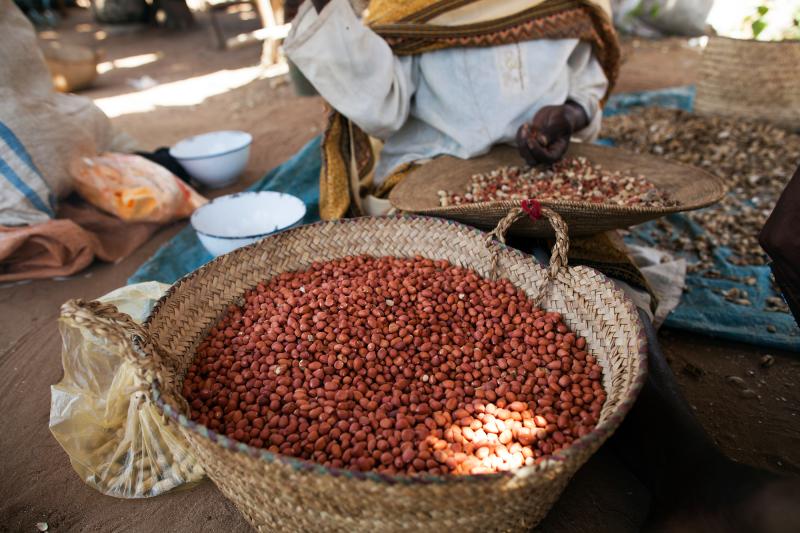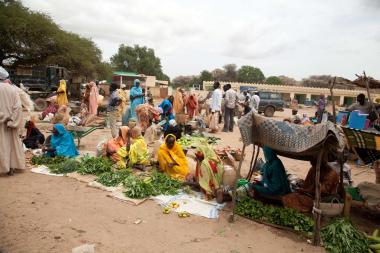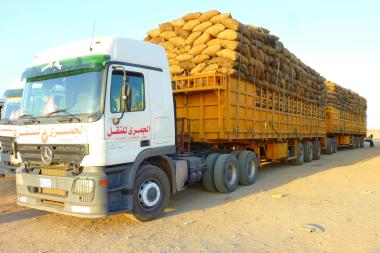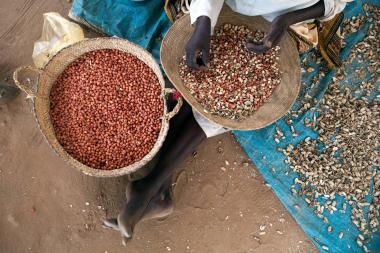The war economy in Darfur: distorting trade and fuelling conflict
This brief explores how trade fuels conflict through the war economy in Darfur and highlights consequences for established traders, with the aim of informing market-oriented humanitarian programming.
The Rapid Support Forces (RSF) now control most of the Darfur region. The political and economic interests of the RSF and its leaders have, for a long time, been closely intertwined. Even more so since civil war broke out in April 2023 and the RSF gained unfettered access to some of the most lucrative forms of trade and business in Darfur, and thus to the exploitation of resources.
Analysing and understanding these interests is key to understanding the war economy in Darfur, and essential for humanitarian policy-makers and practitioners to ensure their actions do not inadvertently fuel the war economy.
The purpose of the brief is to gain a deeper understanding of the links between trade and the war economy in Darfur. Furthermore, it aims to provide analysis of how the RSF gives preferential access to traders from its own constituencies, which results in negative consequences for many long-term established traders.
Data is based on first-hand observations and information collected by a network of experienced researchers within Darfur who are in regular contact with traders in each of the Darfur state capitals, and in one rural area within North Darfur State.
Additional information was gathered by interviewing traders and academics outside Sudan, as well as through a review of recent and relevant documentation. The analysis has been led by a team of Sudanese researchers and one international researcher, thus bridging the knowledge gap between national and international actors.
Findings confirm the close alignment of the RSF’s military and political power with the economic power of the wide-ranging business interests of the family of its leader. This fuels and finances the conflict. Since the war began in 2023, there has been a significant expansion of the Dagalo/RSF’s commercial activities in Darfur, now creating a monopoly in key economic sectors. At the same time, there is a culture of lawlessness and impunity and a lack of transparent market regulation.
In this context, a shadow economy has flourished, nurtured by the RSF, as a way of favouring and giving preferential access to trade to its various constituencies. As a new class of traders emerges, closely aligned to the RSF, many long-term established traders, known to local communities, are unable to compete. They are either being pushed out of business or forced to engage in unequal and risky trading deals.
Policy implications include:
- Market-oriented humanitarian interventions are critical for both traders and consumers in Darfur, but interventions must prioritise established local traders who are trusted by, and rooted in, their local communities.
- In the current context, there is an increased risk that market-oriented interventions fuel the war economy. Thus, international humanitarian actors must work with local communities to understand trader profiles; identify traders who have strong and positive human values, and who are known and trusted by local communities; and prioritise those traders for support.



